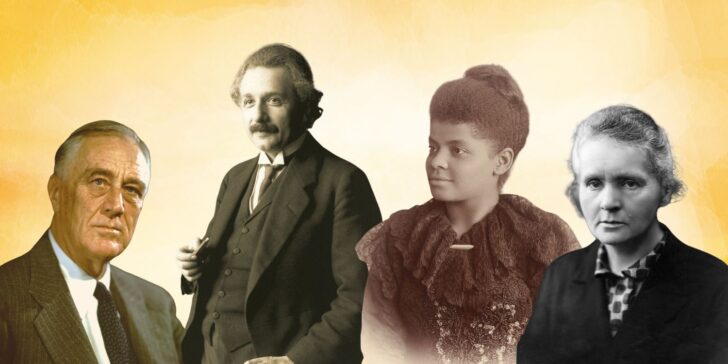The Missionary Generation is a fascinating group that led the world into the 20th century. They witnessed monumental changes in science, culture, and politics.
As they fought for civil rights and defeated fascism, they pioneered innovations in science and technology.
This generation was not defined by trends but by the inspirational people it produced.
Their work laid the groundwork for the society we live in today, as well as a lot of the technology and inventions we use now.
Without their hard work and dedication to understanding the world around them and the society within, where would we be today?
A generation on a mission to spread ideology and medicine.
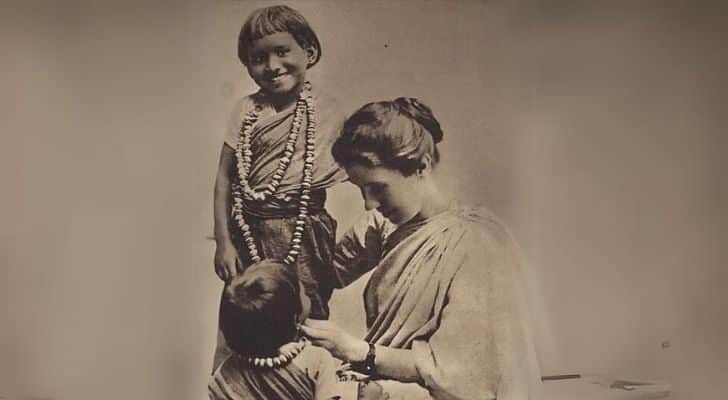
As their name suggests, the Missionary Generation went out into the world intending to enact change in society.
Ida B. Wells (1862-1931) is an excellent example of this. As one of the founders of the National Association for the Advancement of Colored People, she was a fierce advocate for civil rights and women’s suffrage.
Most well-known for her campaign against the lynching of black Americans, she exposed the brutal reality of racial inequality in the United States.
Another woman of the time who championed social reform was Amy Carmichael (1867-1951).
She started a Christian mission in Dohnavur, India, which saved thousands of children from forced servitude and exploitation in temples. Her mission still exists today.
Answering the call from The Society of the Evangelist Missions of Paris, Albert Schweitzer (1875-1965) and his wife traveled to Africa.
In their first nine months, operating out of a retrofitted chicken hut, he treated about 2,000 patients in today’s Gabon before building a working hospital.
Leaders in the fight against fascism.
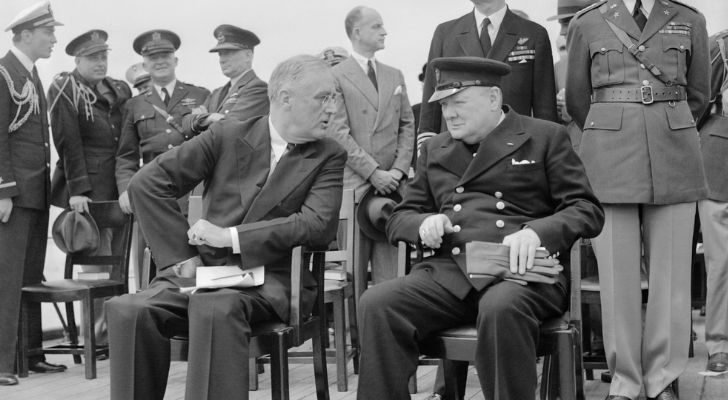
In the early 20th century, the world was going to war. The Missionary Generation would need to fight in the Great War and later lead the world against the Nazi regime.
The Great War started following the assassination of the heir to the Austro-Hungarian throne, Franz Ferdinand (1863-1914).
Millions perished, and the Ottoman Empire fell while Germany rose to power. This completely changed the balance of power in Europe.
As a soldier, Winston Churchill (1874-1965) served as a Major in the British military while being politically active in the House of Commons, advocating for the conscription of Irish men and steel helmets.
Later, Churchill became prime minister of England and then a symbol of resistance against the Nazi regime.
Other world leaders from the Missionary Generation would join him in this fight.
Most notably, Franklin D. Roosevelt (1882-1965) led the US out of the Great Depression and led the country into victory alongside the Allies.
Roosevelt, likely due to his handling of both events, would be the only US president to serve more than two terms, making him the longest-serving US president.
The greatest minds of a great generation.
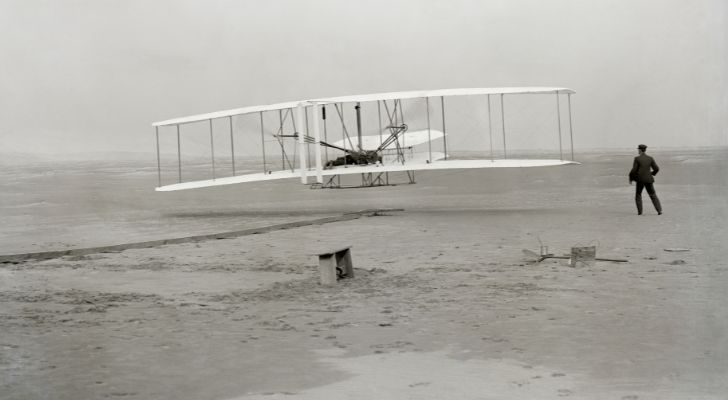
When we think of the greatest minds, one name always comes up. Albert Einstein (1879-1955) completely changed our understanding of the universe, gravity, light, and energy.
He is a testament to the Missionary Generation’s need for exploration and discovery.
Einstein’s two theories of relativity explain how matter and energy are interchangeable (E=MC²) and how gravity affects matter, time, space, and light.
These theories, along with many others, were pivotal in countless scientific discoveries and inventions.
On December 17, 1903, the Wright brothers soared through the air in the first-ever airplane. They flew 4 miles (6 kilometers) aboard the Wright Flyer at Kill Devil Hills, North Carolina.
This event changed the way people would get around forever.
Marie Curie (1867-1934) is noted as one of the most influential people in science, and for good reason.
After discovering radioactivity and the elements polonium and radium, she invented the portable X-ray machine for field hospitals during the First World War.
Curie became the first woman to receive a Nobel Prize. She also became the first person to win two Nobel Prizes, as well as the first to do so in two scientific fields.
Movie magic and culture begin!
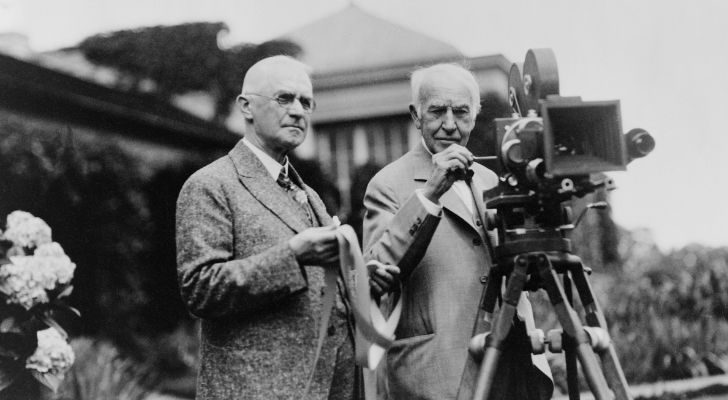
The cultural significance of films is arguably one of the most transformative changes the world has ever seen. It introduced a completely new way of telling the human story.
They might not have known it at the time, but the Missionary Generation was about to change the world of media.
In 1891, Thomas Edison and William Dickson (1860-1935) invented the Kinetoscope. This device allowed a single viewer to watch a short reel of film through a peephole.
The films included things like a man sneezing and two cats boxing with gloves on in a small boxing ring.
Inspired by this, in 1895, the Lumière brothers invented the cinématographe to film and project “Workers Leaving the Lumière Factory.”
This is recognized as the first feature motion picture ever made. The brothers went on to make more than 40 films in 1896, ranging from documentaries to comedy shorts.
Early films were simplistic until an illusionist, Georges Méliès (1861-1938), became the first science fiction filmmaker.
He took his viewers on fantastical journeys, using the first-ever special effects to create “A Trip to the Moon” (1902) and many other films. His films are still studied by filmmakers today.
The Missionary Generation’s legacy is one of activism, science, and a willingness to do what’s right.
Their commitment to social justice and humanitarianism and the institutions they established continue to shape our society.
These achievements remind us of the power of determination and creativity and the necessity of progress.

